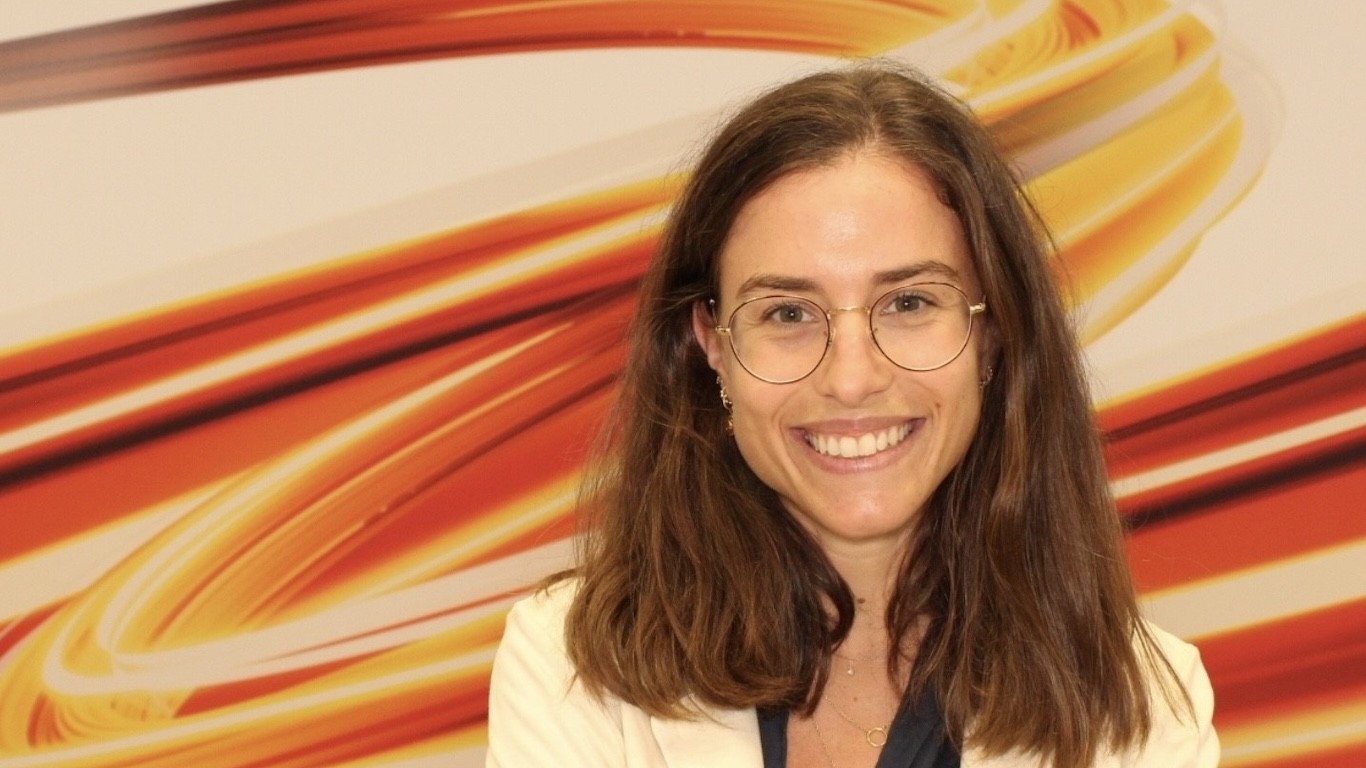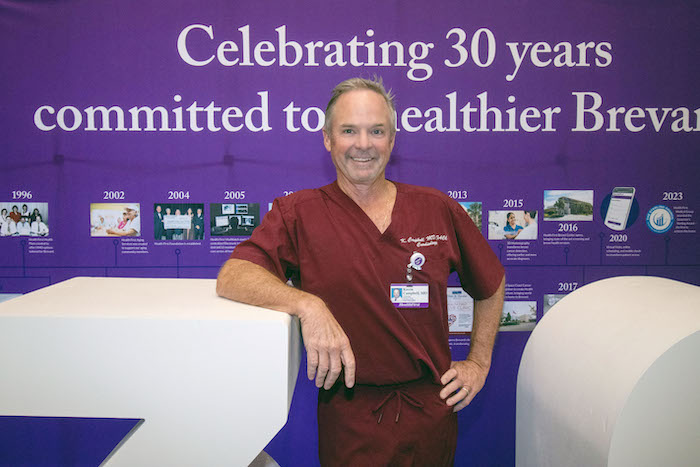Summary
Alexandra Pons Riverola at GCOS 2025: Cardio-Oncology in Africa and Beyond
The Global Cardio-Oncology Summit (GCOS2025), hosted by the Cardio Oncology Society of Southern Africa (COSOSA), is underway from October 30 to November 1, 2025, in Cape Town, South Africa. This premier event brings together…
Source: Oncodaily

AI News Q&A (Free Content)
Q1: What is the significance of the Global Cardio-Oncology Summit (GCOS) 2025 being held in South Africa?
A1: The Global Cardio-Oncology Summit (GCOS) 2025 holds substantial significance as it emphasizes the growing importance of cardio-oncology in Africa. By hosting the summit in South Africa, the Cardio Oncology Society of Southern Africa (COSOSA) aims to highlight regional challenges and advancements in managing the cardiovascular health of cancer patients. This event provides a platform for sharing knowledge and innovations that are crucial for improving patient outcomes in areas with limited access to specialized medical care.
Q2: What are the primary challenges faced in diagnosing immune checkpoint inhibitor related myocarditis in low and middle-income countries?
A2: In low and middle-income countries (LMICs), diagnosing immune checkpoint inhibitor related myocarditis (ICIRM) is challenged by a lack of access to cardiac magnetic resonance (CMR) imaging, which is essential for accurate diagnosis. These regions face a significant shortage of MRI scanners, with only about 1 scanner per million people, compared to 26 per million in high-income countries. Additionally, there is a critical shortage of trained radiologists and cardiologists, which further impedes the effective diagnosis and treatment of ICIRM.
Q3: How does cardio-oncology integrate the fields of cardiology and oncology, and what are its key focuses?
A3: Cardio-oncology is an interdisciplinary field combining cardiology and oncology to study and manage the cardiovascular side effects of cancer treatments, especially chemotherapy and targeted therapy. Its key focuses include understanding the molecular and clinical alterations in the cardiovascular system during cancer treatment, preventing and managing treatment-related cardiac dysfunction, and developing strategies to preserve cardiovascular health in cancer patients.
Q4: What recent advancements have been made in the field of cardio-oncology that were discussed at the GCOS 2025?
A4: Recent advancements in cardio-oncology discussed at GCOS 2025 include innovative diagnostic techniques for early detection of cardiac issues in cancer patients, novel therapeutic strategies to mitigate cardiovascular risks associated with cancer treatments, and the implementation of collaborative care models that integrate cardiology and oncology expertise. These developments aim to enhance patient care and improve long-term cardiovascular outcomes for cancer survivors.
Q5: What strategies are recommended to improve access to cardiac MRI for diagnosing ICIRM in resource-limited settings?
A5: To improve access to cardiac MRI for diagnosing ICIRM in resource-limited settings, a multi-pronged strategy is recommended. This includes governmental support for infrastructure investment, integrating CMR into national health strategies, and implementing targeted educational programs to build local expertise. Additionally, adopting technological innovations such as cost-effective rapid CMR protocols and AI tools to reduce scan times is suggested to address the healthcare disparity.
Q6: Why is it crucial to address the diagnostic gap in cardio-oncology in low and middle-income countries?
A6: Addressing the diagnostic gap in cardio-oncology in low and middle-income countries is crucial because it ensures timely and accurate diagnosis of cardiovascular conditions in cancer patients, which is vital for effective treatment. The disparity in diagnostic capabilities leads to higher risks of undiagnosed and untreated cardiac issues, compromising patient outcomes. Improving diagnostic access is essential for equitable healthcare and for extending the benefits of advanced cancer therapies globally.
Q7: How does the European Society of Cardiology contribute to the field of cardio-oncology?
A7: Since 2018, the European Society of Cardiology (ESC) has contributed to the field of cardio-oncology by establishing a dedicated council focused on this interdisciplinary area. The ESC's efforts include promoting research, developing clinical guidelines, and fostering collaboration between cardiologists and oncologists to enhance patient care. Their initiatives support the advancement of knowledge and the implementation of best practices in managing the cardiovascular health of cancer patients.
References:
- Cardiooncology - https://en.wikipedia.org/wiki/Cardiooncology
- A call to action: improving access to cardiac MRI for diagnosis of immune checkpoint inhibitor related myocarditis in low and middle income countries - Published 2025-10-30





